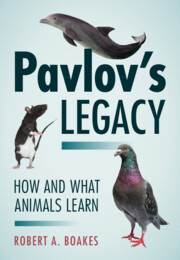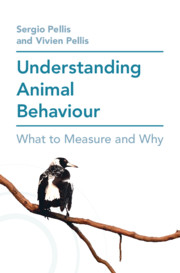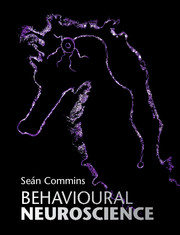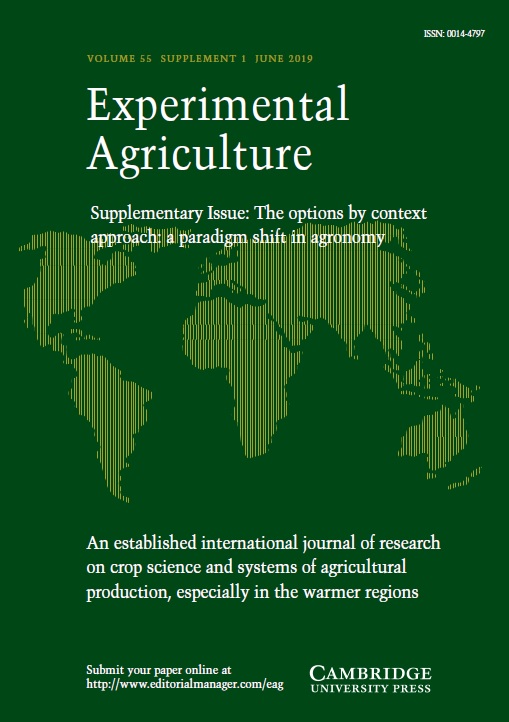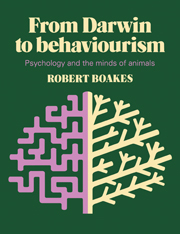Pavlov's Legacy
Pavlov claimed that his experiments with dogs would transform the study of psychology and the treatment of mental illness. His work inspired researchers to study how animals learn to traverse mazes, avoid shocks, or press levers to obtain food, and also to compare the learning and cognitive abilities of different species, ranging from apes and dolphins to rats and pigeons. This book describes five decades of research into animal learning and comparative psychology, examining Pavlov's influence on this research and discoveries made by scientists who accepted many of his claims, while others looked for evidence to reject them. Drawing together diverse strands of research and providing historical and biographical information to bring the details to life, this is an ideal resource for graduate students and researchers in behavioural neuroscience, as well as for anyone in adjacent fields with an interest in learning theory.
- Traces diverse strands of research over the 50-year period during which Pavlov's discoveries first became generally known outside of Russia
- Explains key studies and influential theories in detail using non-technical language, improving understanding of important research and the development of theories
- Includes short biographies of key players in animal learning research to improve understanding of the field's social and cultural background
Reviews & endorsements
‘Pavlov’s Legacy is not merely a historical account; it is a crucial textbook for anyone in the field of psychology or behavioral science seeking to understand the genesis and evolution of ideas that continue to shape our understanding of learning.‘ Aaron P. Blaisdell, The Quarterly Review of Biology
Product details
September 2023Adobe eBook Reader
9781009076869
0 pages
This ISBN is for an eBook version which is distributed on our behalf by a third party.
Table of Contents
- 1. Ivan Pavlov, Conditioned reflexes and experimental neuroses
- 2. Developing habits: clark hull and the hullians
- 3. Learning where things are and where events happen
- 4. Fear, avoidance and punishment
- 5. Comparative psychology: species differences in what animals can learn
- 6. Imprinting and constraints on learning
- 7. Discrimination learning and attention
- 8. B. F. Skinner and the experimental analysis of behavior
- 9. How animals learn to associate events.

